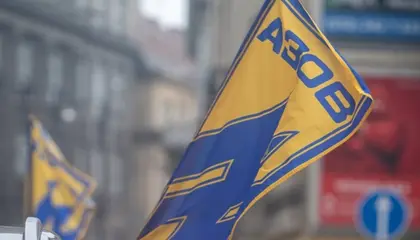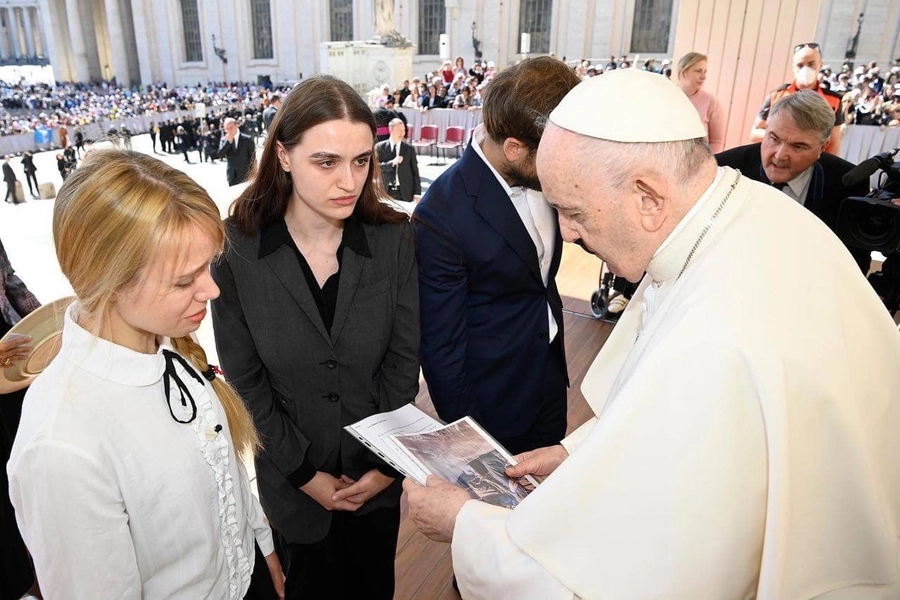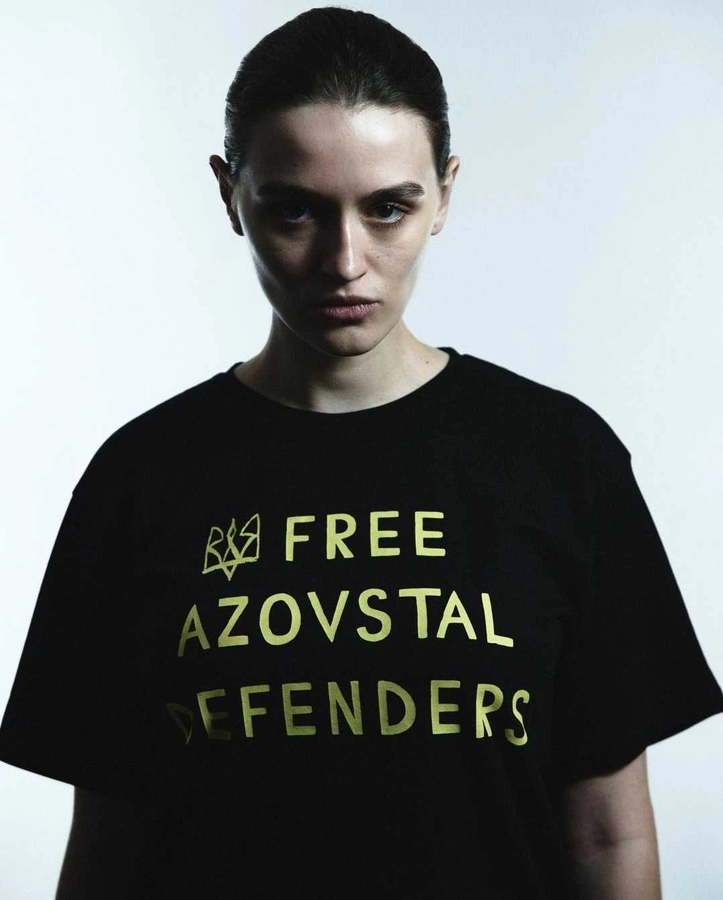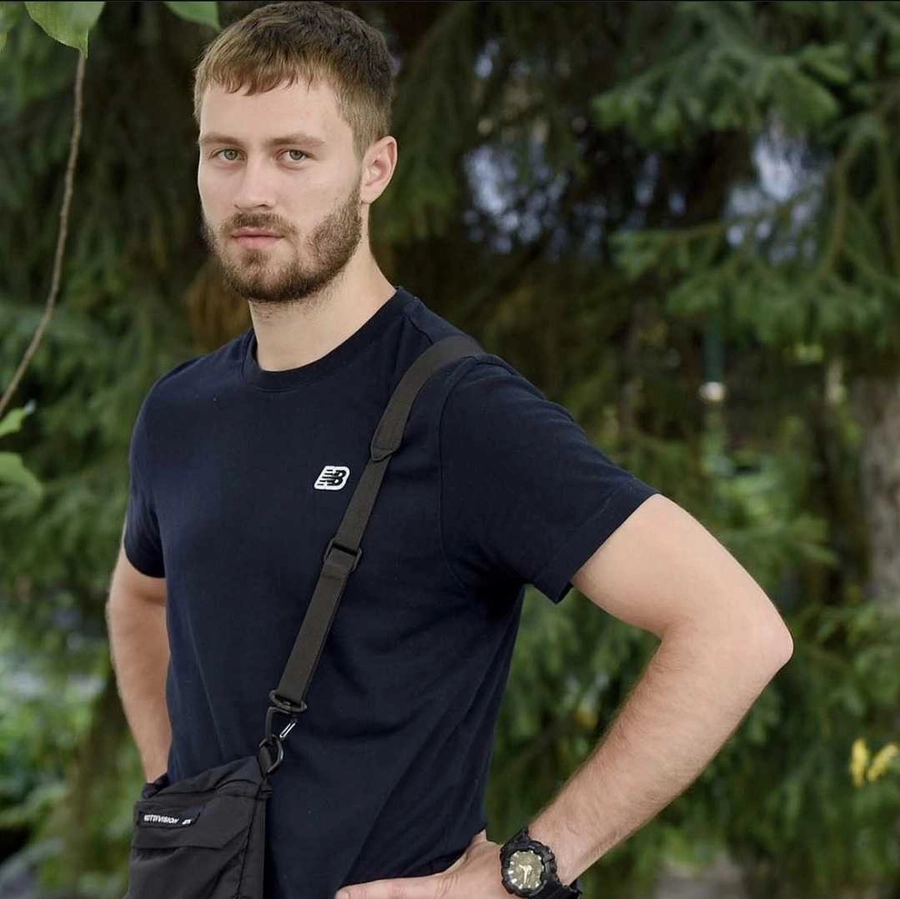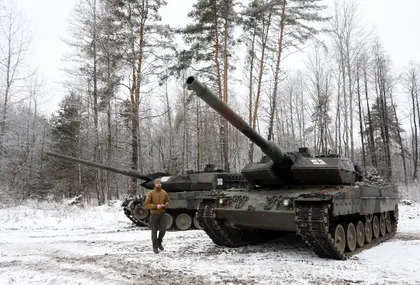Family members of Azov defenders who were taken prisoner are asking for priority in POW exchanges based on the extreme conditions endured by the Siege of Mariupol veterans in Russian prisons.
Ukrainian government officials say that they seek the return of all POWs being held by Russia equally without preference for any individual unit.
JOIN US ON TELEGRAM
Follow our coverage of the war on the @Kyivpost_official.
According to the families, Azov prisoners of war (POWs) who surrendered to Russian troops after a prolonged holdout during the Siege of Mariupol have reportedly been subjected to extreme conditions, including beatings, torture, withholding of medical treatment, and other violations of international laws of armed conflict. They add that the Kremlin is in no hurry to release any of them in routine prisoner exchanges.
The Association of Families of Defenders of Azovstal, a group of family members of the Azov Regiment of the Ukrainian National Guard and others who held out in a months-long defense of Mariupol’s Azovstal metallurgical plant, say Russia has singled out the POWs for harsher conditions in high-security prisons.
The Association also says that Russia is less willing to trade the Azov defenders than other POWs during routine prisoner exchanges negotiated between Kyiv and Moscow.
According to the group, there are still almost 2,000 Azovstal defenders in Russian captivity, 700 of whom belonged to the Azov Regiment.
Some Azov defenders have been repatriated since their May 2022 surrender.

Russian Air Attack Kills Nine in Sumy Region
On the night of Sept. 22, 2022, Kyiv announced the return of 215 Ukrainian soldiers, of which 188 were Azovstal defenders, including five commanders who were sent to Turkey.
In June of this year, the five commanders were repatriated to Ukraine. According to Moscow, these commanders were released during the September 2022 prisoner swap on the condition that they remain in Turkey, but on June 8, President Zelensky met the defenders at the Istanbul airport and flew them back to Ukraine. Ukrainian officials said that everything was carried out in accordance with the norms of international law.
Yuliia Fedosyiuk and Kateryna Prokopenko with Pope Francis
Photo by Il Sismografo
That was the last repatriation of the Azovstal defenders.
Brutal prison conditions – beatings, torture, and no medical treatment
Yuliia Fedosyiuk is one of the founders of the Association of Families of Defenders of Azovstal and is the wife of an Azov serviceman, Arseniy Fedosyuk, who participated in the defense of Azovstal. He returned from captivity on Dec. 31, 2022.
Yuliia Fedosyiuk
Photo: Instagram
She said that the Azov defenders are singled out for particularly brutal treatment and is asking the government to prioritize the return of these POWs.
According to Fedosyiuk, her husband received extra bullying, beatings and torture because the Russians said he was a sniper and a fighter of Azov – whom Russian propagandists have characterized as neo-Nazis.
Arseniy Fedosyiuk
Photo by Ukrinform
Fedosyuk says: “But the Russians understand Azov Regiment are by no means neo-Nazis. They know that the fighters of Azov are people from all over Ukraine, often from Donbas, whose native language is Russian.
“From this point of view, this is a very dangerous unit for the Kremlin, which, by its example, nullifies the propaganda theses about the Russian-speaking population of Ukraine,” she said.
The danger is that this Azov unit defies the Moscow narrative and shows that Russian speakers are not oppressed in Ukraine and that there would be no “separatists” without Moscow’s influence in 2014, she said.
Fedosyuk said she can recount in detail how her husband was not alone in the brutal treatment. She told Kyiv Post those still being held are still subject to such treatment daily.
What does the government say?
Andrii Yusov, a representative of the Coordination Staff for the Treatment of Prisoners of War and a spokesperson for Ukrainian intelligence told Kyiv Post that negotiations regarding the exchange are ongoing.
Kyiv knows about the whereabouts of the prisoners and not everyone is in Taganrog prison, where the majority are held. But Yusov declined to give specific numbers.
“Unfortunately, there is no full access to the locations of our prisoners, in particular access to the International Committee of the Red Cross, in the territory of the aggressor state and in the temporarily occupied territories. And this is why Ukraine continues to emphasize the need for such access,” he said.
Despite this, according to Yusov, the situation regarding the conditions of the prisoners’ stay has somewhat stabilized. But there are people in captivity with chronic diseases, with injuries who need additional medical care and do not receive any treatment.
The Ukrainian side collects information about the violations of the rights of prisoners, as well as about those people who abuse them in Russian-controlled prisons, to bring them to justice in the future.
Yusov said that Ukraine has so far returned 2,600 military personnel, including Azovstal defenders.
Regarding the Azov defenders’ treatment, Yusov said that the propaganda and the myths the Kremlin created for itself, of course, affect its processes – like torture.
But he said: “We do not single out individual units and individual defenders. All defenders of Mariupol should be returned.”
You can also highlight the text and press Ctrl + Enter


